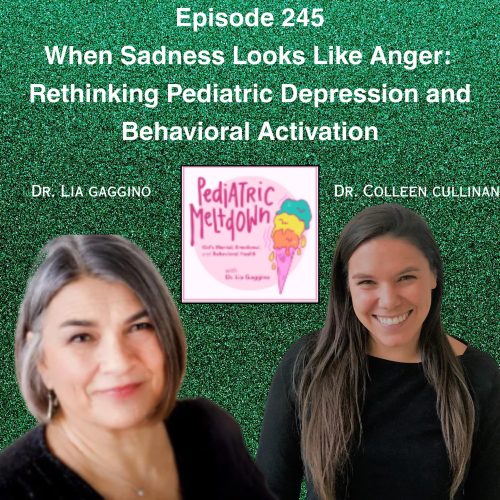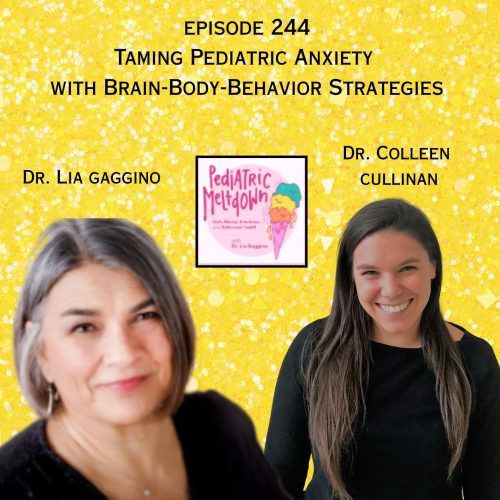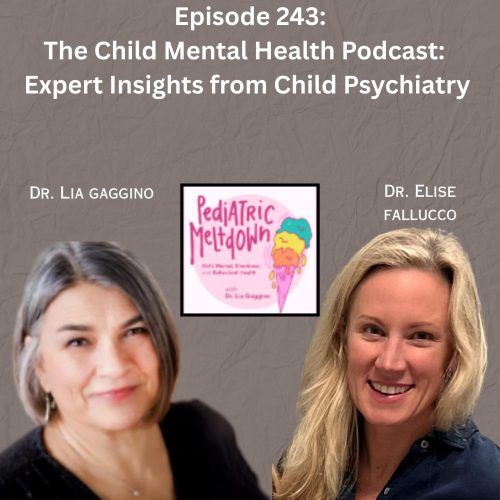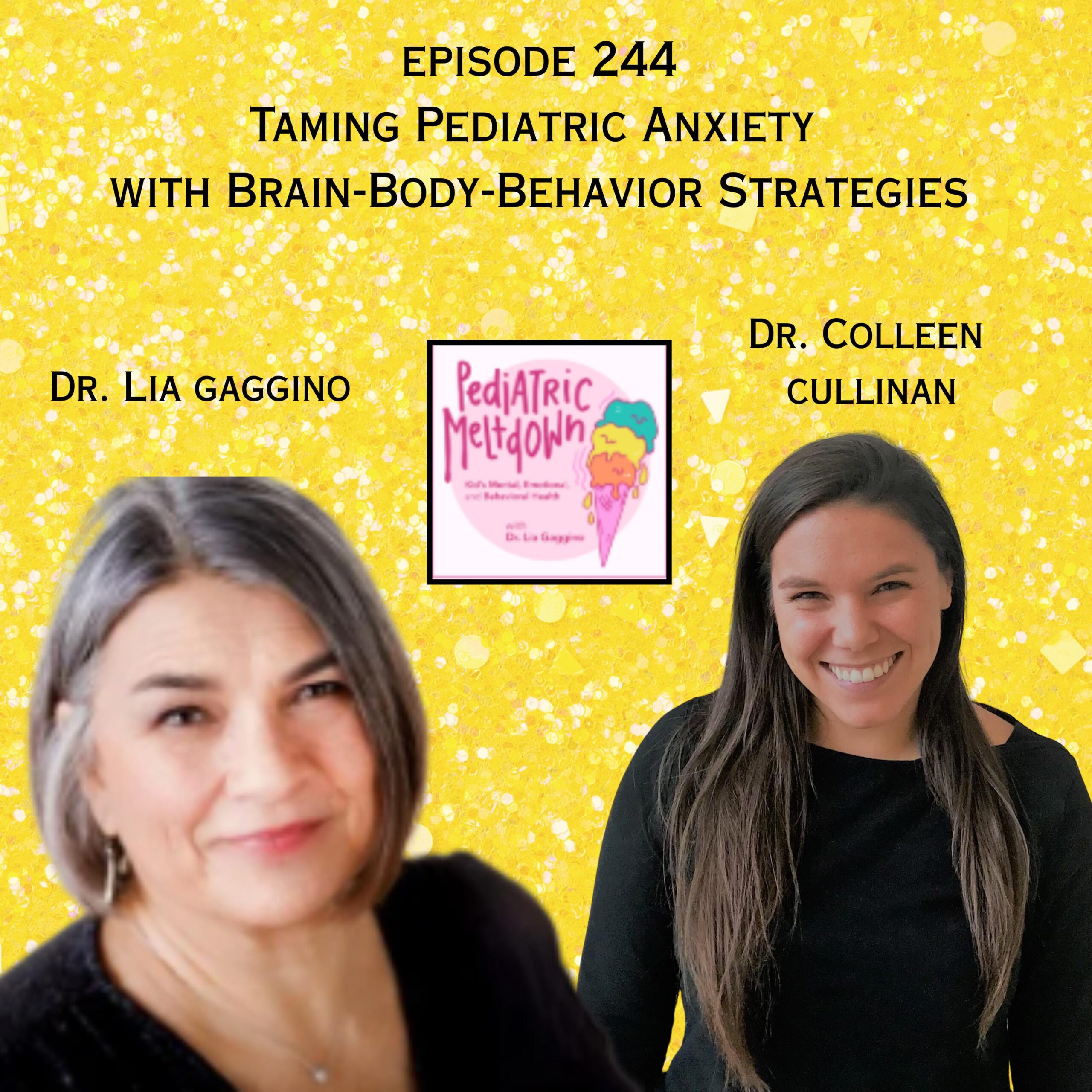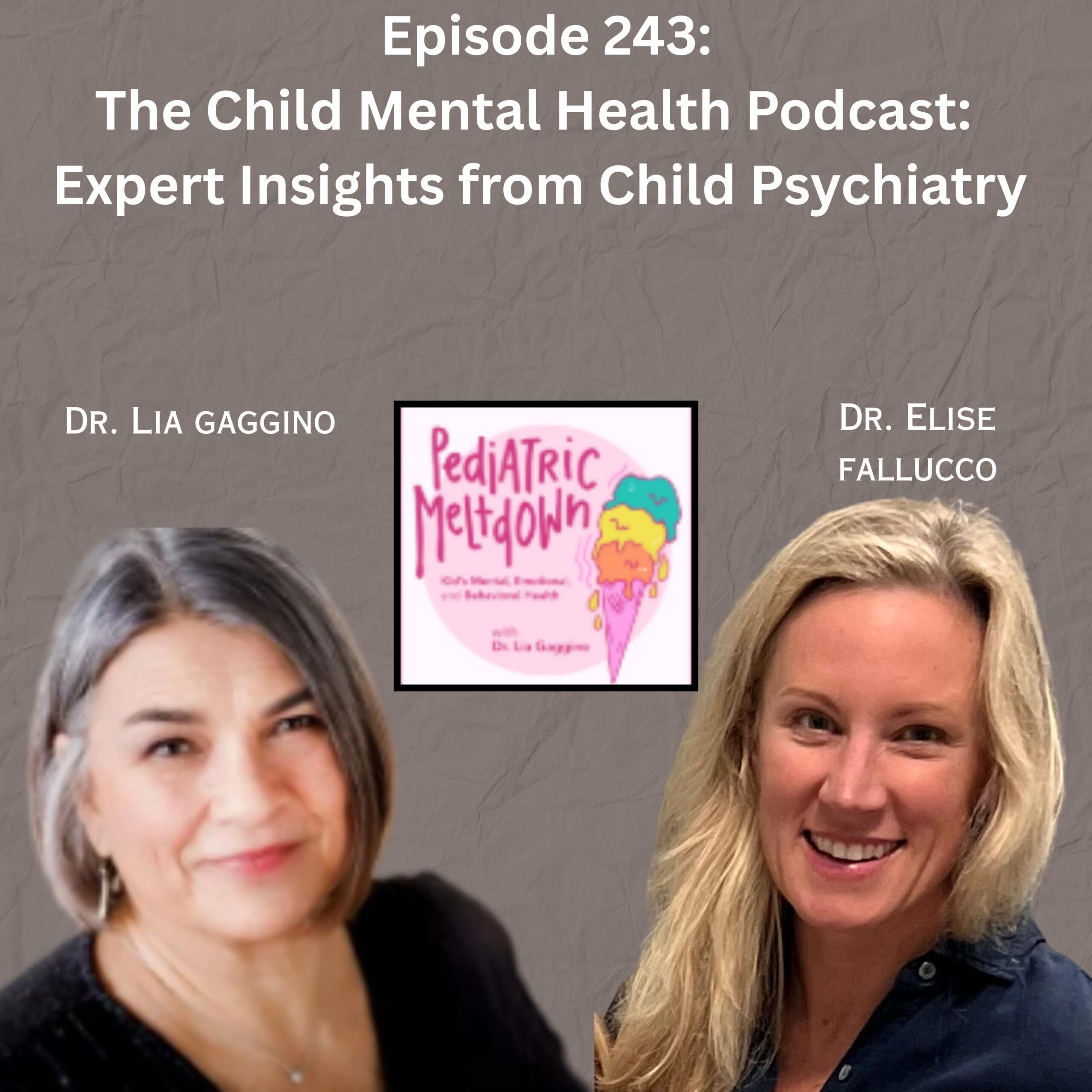[00:33 -10:09] The Importance of Early Childhood Education
- Parents should speak up if they have concerns and advocate for their child’s needs.
- The human brain develops most before age five, making early education a critical time for youngsters.
- Youngest learners need the support and encouragement of role models from all walks of life.
- Parents, educators and clinicians can share information to best support the child’s development.
- Children who experience separation anxiety during the transition into preschool require special attention.
[10:10- 22:22] Trauma-Informed Teaching and Supporting Families
- Adverse Childhood Experiences (ACEs) study and understanding the impact of trauma on children’s development.
- Cultivating empathy and compassion for children and families who have experienced trauma.
- Shifting perspective to ask “What happened to?” instead of “Why are you doing this?”
- Listening to families and letting them talk to feel heard and validated.
- Normalizing conversations about trauma and its possible effects to open communication and healing.
[22:23 -30:15] Combating Food Insecurity in Schools
- Providing free meals for all enrolled students
- Reducing stigma around receiving free meals
- Addressing the issue of food insecurity in all communities, regardless of wealth
- Acknowledging the impact of food insecurity on learning and health
- Encouraging healthy eating habits and access to nutritious foods
[30:16 – 42:59] Assessment and Evaluation in Schools
- The NWEA assessment is a standardized test that is administered nationwide.
- The assessment is conducted three times a year in some districts and twice a year in others.
- A 504 plan is a legal document that provides additional support to students with learning difficulties upon parental request.
- An IEP is a more intensive individualized education plan given to children who have been evaluated and tested by a school district’s psychologist.
- The IEP team includes the special ed director, teacher, special education staff, principal, and family to create goals and interventions to support the child’s needs.
[43:00 – 52:04] Some of the Takeaways include:
- Children are all learners. The educator’s job is to identify struggles and to build skills and mastery.
- Educators’ best strategy for learning is to empower parents. They are the first teachers. They know their child best.
- All adults can use the trauma-informed lens to support kids. “Something happened” vs. focusing on the behaviors. Not to set the expectation bar lower but to bring empathy to the table. The behavior serves a purpose in the child’s world and for the parent’s as well.
- Schools are always keeping eyes and ears on a child – mastery, struggles – and have strategies they use to support kids. Multi tiered system support follows a teacher’s assessment and is fluid.
- Tier 1 – this child can learn whole group lessons
- Tier 2 – this child needs small group lessons in addition to whole group lessons
- Tier 3 – this child needs more intensive instruction and 1:1 learning
You can reach Meadow Nuyen
Linkedin: Meadow Nuyen | LinkedIn
Links to resources mentioned on the show
Home | Build Up Michigan this includes a list of milestones for children age 3 to 5
Preprimary Evaluation Team (PET) / Overview this includes information on how to access an assessment for birth to 6 through the pre primary evaluation team at KRESA (if families feel the student is developmentally behind).
Multi-Tiered System of Supports (MTSS) info on MTSS (multi tiered systems of support) – it’s really about educating the whole child!
Michigan’s Top 10 Strategic Education Plan Michigan Department of Education’s Strategic Plan (#1 is Expand early childhood learning opportunities) That’s Me!
Adverse Childhood Experiences (ACEs) (cdc.gov) Adverse Childhood Experiences (ACE):
Another episode you may like:
Episode #111
Moral Dilemmas: Health is A Human Right: Why Are We Falling Behind?
Key quotes for Twitter:
“One of the challenges in education is the lack of qualified staff. We need more people passionate about working with kids.”… Meadow Nuyen
“As educators, we need to be empathetic and understanding of the behaviors our students and families may display. They may be a byproduct of abuse or neglect.”… Meadow Nuyen
THANK YOU FOR YOUR SUPPORT!
Pediatric Meltdown was listed as a Top 20 Pediatric Podcast on FeedSpot.
If you’d like to connect with me, you can Tap the “What Are Your Thoughts” button at the top of the notes or you can find me on LinkedIn, Facebook, Instagram, and Twitter, or email me at [email protected] or [email protected]. To learn more about me visit https://www.medicalbhs.com/
LOVE WHAT YOU HEARD? Leave us a 5-star review so we can continue to provide you with great content. Share this episode and help people know more about children’s health and well-being.



